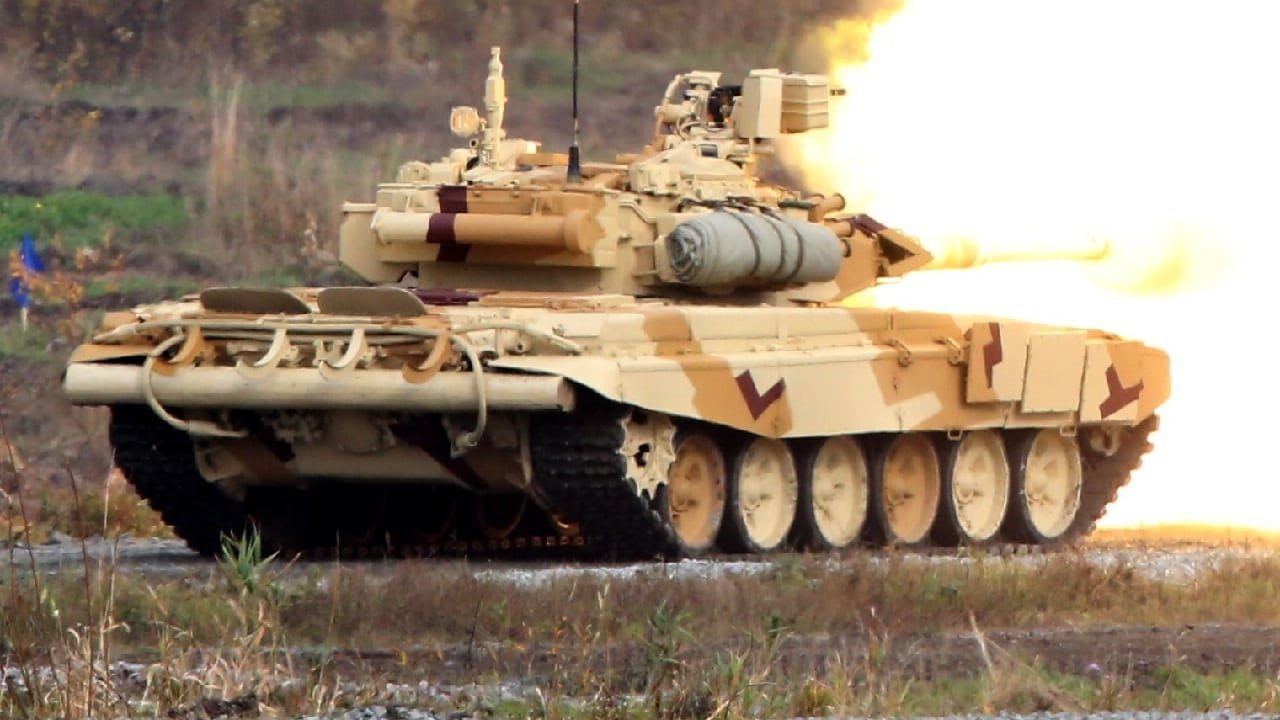The United States has put its intelligence community to work on behalf of Ukraine. The information it provides may prove more lethal than any of the weapons that NATO is sending to fight against Russia.
Two stories broke yesterday that confirms the profound role of U.S. intelligence support for the Ukrainian war effort. The first story revealed that the United States has been supplying some of the intelligence that has enabled the Ukrainian armed forces to target and destroy Russian command posts, coincidentally or not killing an unprecedented number of Russian general officers. The second story gave truth to rumors that the United States had been involved in the sinking of the Russian Black Sea Fleet flagship Moskva, having confirmed to Ukrainian officials the ship’s location before the missile strike that inflicted fatal damage on the cruiser. The Biden administration has pushed back a bit on these claims but officials in the intelligence community and in the administration are clearly happy to talk to reporters.
The reports we have thus far are vague about how U.S.-supplied data fits into the information economy of the Ukrainian armed forces. For maximum effectiveness, data would be rapidly defused to units operating along the frontline who can use it before it becomes obsolete. In war, being right at the wrong time is the same as being wrong. We do not know at what level US entities communicate information to their counterparts on the Ukrainian side. Still, especially concerning the killing of Russian general officers, who move about very rapidly and are hard to fix, it doesn’t seem that there are too many buffers between the identification of opportunity and the execution of an attack.
The United States has, over the past several decades, constructed an enormously impressive array of systems designed to sift information out of complicated spaces and turn that information into actionable intelligence. The military origins of the current system existed as far back as the 1970s (with antecedents even to World War I). Still, the system was honed in the Wars on Terror, where intelligence assets were needed to track the movements and activities of small units and even individuals in both wide-open spaces and complicated urban environments. The system collects information from satellites, signals intercepts, the electromagnetic spectrum, cyberspace, drones, and other aircraft when they are available. This system represents one-half of what has become known as the reconnaissance strike complex, a system of systems that allows a see-er to deliver targets that a shooter will then kill. This is the most modern incarnation of the “modern system” that has governed ground combat since the latter days of the First World War.
We know now that the American system of surveillance is superior to the Russian system, and that the Biden administration has substantially put this system to work in helping Ukrainians kill Russians. The importance of the provision of information in high-intensity war literally cannot be overemphasized; the United States can try to find the sinews of Russian military power and help the Ukrainians sever them. There is undoubtedly a synergy between the surveillance system and the weapons that the United States and others have been transferring to Ukraine. Intelligence can identify weakly protected columns of armored vehicles that can be attacked and destroyed with Javelin missiles.
Soon, long-range Ukrainian artillery pieces delivered by the United States will be able to strike critical Russian military targets miles behind the front. Information gleaned from the United States can be confirmed and integrated with video footage supplied by TB2 drones, enabling more lethal strikes on Russian forces.
U.S. assistance may get even more lethal as time goes by. As the weather over Ukraine clears, American satellites may be able to provide even more information about Russian troop movements and deployments. But of course, there are dangers in all of this. It is quite surprising that the US government has owned up to even part of its role in killing Russian generals, much less the destruction of the flagship of the Black Sea Fleet. Supplying intelligence to Ukrainian troops in the field does not mean the United States is at war with Russia in any kind of legal sense of the term, but it does mean that the United States is deeply implicated in the conflict in ways that are arguably more important than the transfer of vast amounts of military equipment to Ukraine. The United States is essentially telling Russian soldiers “we see you, and we can kill you.” It remains to be seen what the Russians will say in response.
Now a 1945 Contributing Editor, Dr. Robert Farley is a Senior Lecturer at the Patterson School at the University of Kentucky. Dr. Farley is the author of Grounded: The Case for Abolishing the United States Air Force (University Press of Kentucky, 2014), the Battleship Book (Wildside, 2016), and Patents for Power: Intellectual Property Law and the Diffusion of Military Technology (University of Chicago, 2020).

